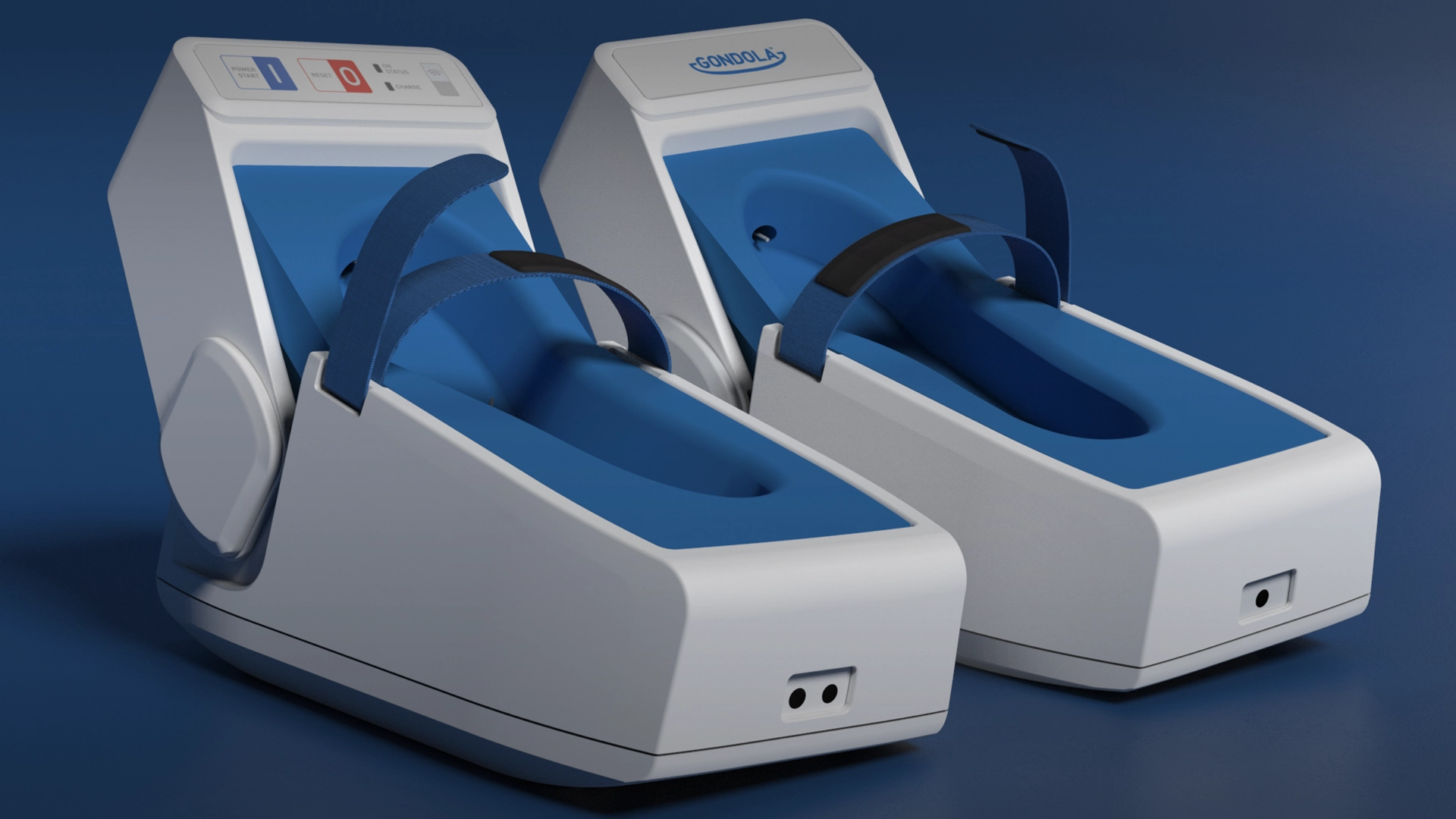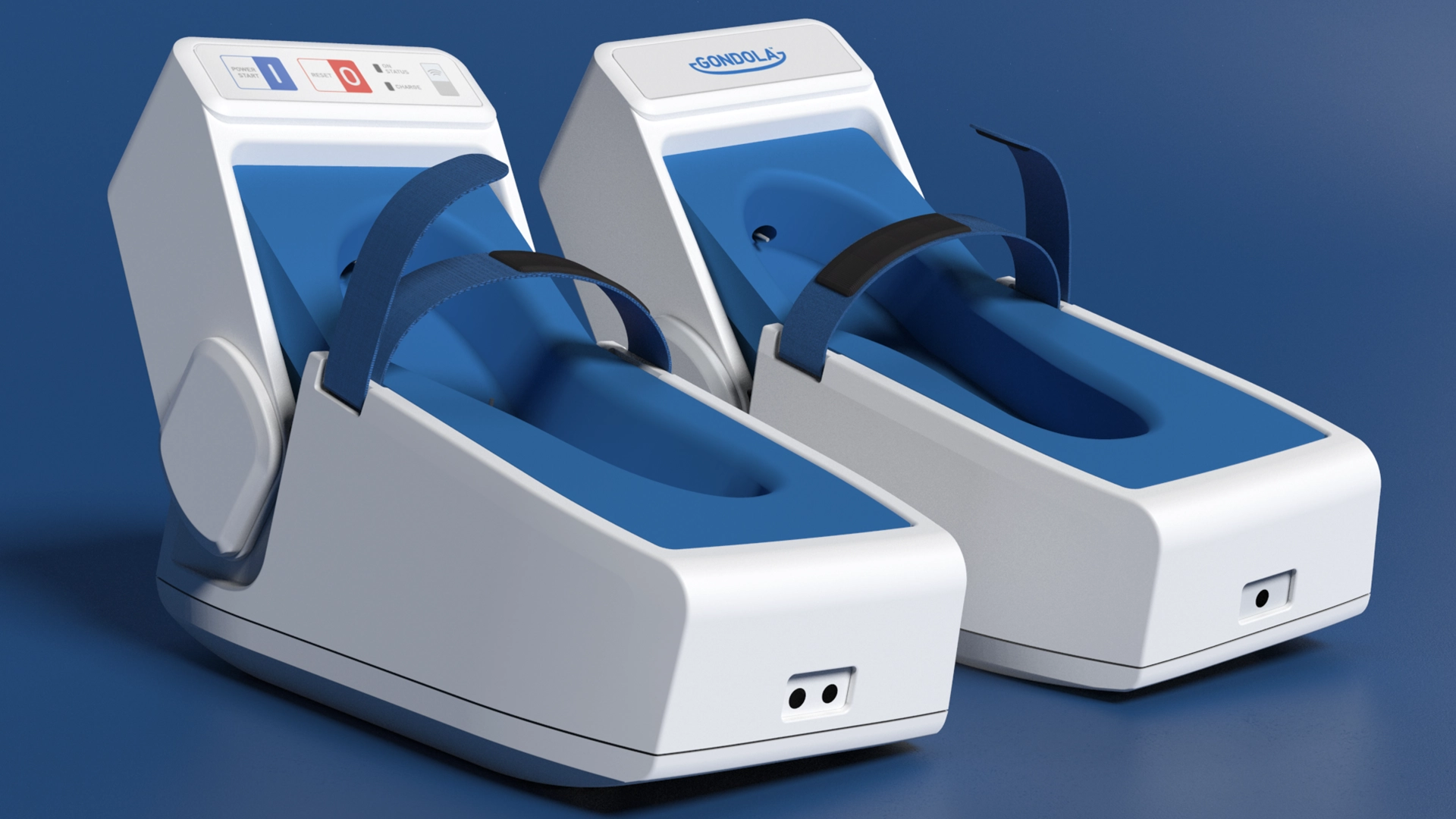According to the World Health Organization (WHA, Nov. 2020), neurological disorders are the leading cause of disability and the second leading cause of death.
The term “neurological disorder” applies to any condition that is caused by a dysfunction in part of the brain or nervous system, resulting in physical and/or psychological symptoms. These disorders include epilepsy, Alzheimer disease and other dementias, cerebrovascular diseases including stroke, multiple sclerosis, Parkinson’s disease and many more. These neurological disorders affected hundreds of millions of people worldwide (WHO).
The revolutions in technology and information science are having an important impact on global mental health and neurological disorders.
Now whilst there is currently no cure for many neurological disorders, wearable medical device is giving a great opportunity to diagnose, monitor the disease and, above all, alleviate some of the symptoms. Wearable technology provides cost-effective and non-invasive assessment tools, and a more tailored approach to disease management.
The devices for neurological disease can range from diagnostics and monitoring devices (e.g. smartwatches, sensors or electrodes) to treatment equipment which stimulates nerves to train the brain or reduce the symptoms of the neurological disorder.
Diagnostics neurological device provides more objective (sensor-based as opposed to the self-reported and often biased data) and frequent (as opposed to single-point laboratory measurements) assessments.
Instead of the current model of care, which is largely reactive (i.e. administered when symptoms are presented), improved measurements which are more objective, continuous and passive can move the neurological disorders management toward being more proactive and to preventive interventions.
On the other hand, treatment and neurorehabilitation devices are one such development that primarily works toward enhancing the nervous system and subsequently, reducing disability and increasing ease of daily functioning of individuals. Neurorehabilitation wearable medical devices offer numerous benefits such as small dimensions, lightweight, ease of use, and user-friendliness. All these benefits make these devices ideal for being employed in the clinical context and for homecare.
MED-TECH STARTUP TACKLING SYMPTOMS OF NEUROLOGICAL DISORDERS
Within Creanova’s clients, we can count several Med-Tech companies which are pursuing their mission to improve the life of those suffering from neurological diseases through Medical Device development.
Over 13 million people have a stroke each year (www.world-stroke.org) and over 10 million people are living with Parkinson’s Disease (www.parkinson.org) and that’s what is pushing Gondola Medical Technologies in pursuing its mission.
Gondola Medical Technologies is a Swiss startup with the mission to give back movement abilities to patients affected by neurological diseases (e.g. stroke, Parkinson’s).
Its unique non-intrusive technology treats motor disorders: the device is worn on the feet, it neurostimulates the peripheral neural system, generating an interaction with the central nervous system to finally reduce movement symptoms and improve people life. It improves walking and balance while reducing motor blocks, rigidity and spasticity through electrostimulation.
This innovative neurological device comes in two versions, one for B2B market (hospitals, clinics) and one for B2C market (homecare), and are thought to be worn on the feet and to improve.
This Med-Tech start-up found in Creanova the ideal partner for placing on the market its innovative neurological device. Creanova supported Gondola through a complete product development service starting from medical device design, going through healthcare R&D support, down to medical contract manufacturing.
If you are a Med-Tech company with a neurological project, discover how we supported Gondola here (https://creanova.com/amps-treatment_big/) and contact us to know more.

